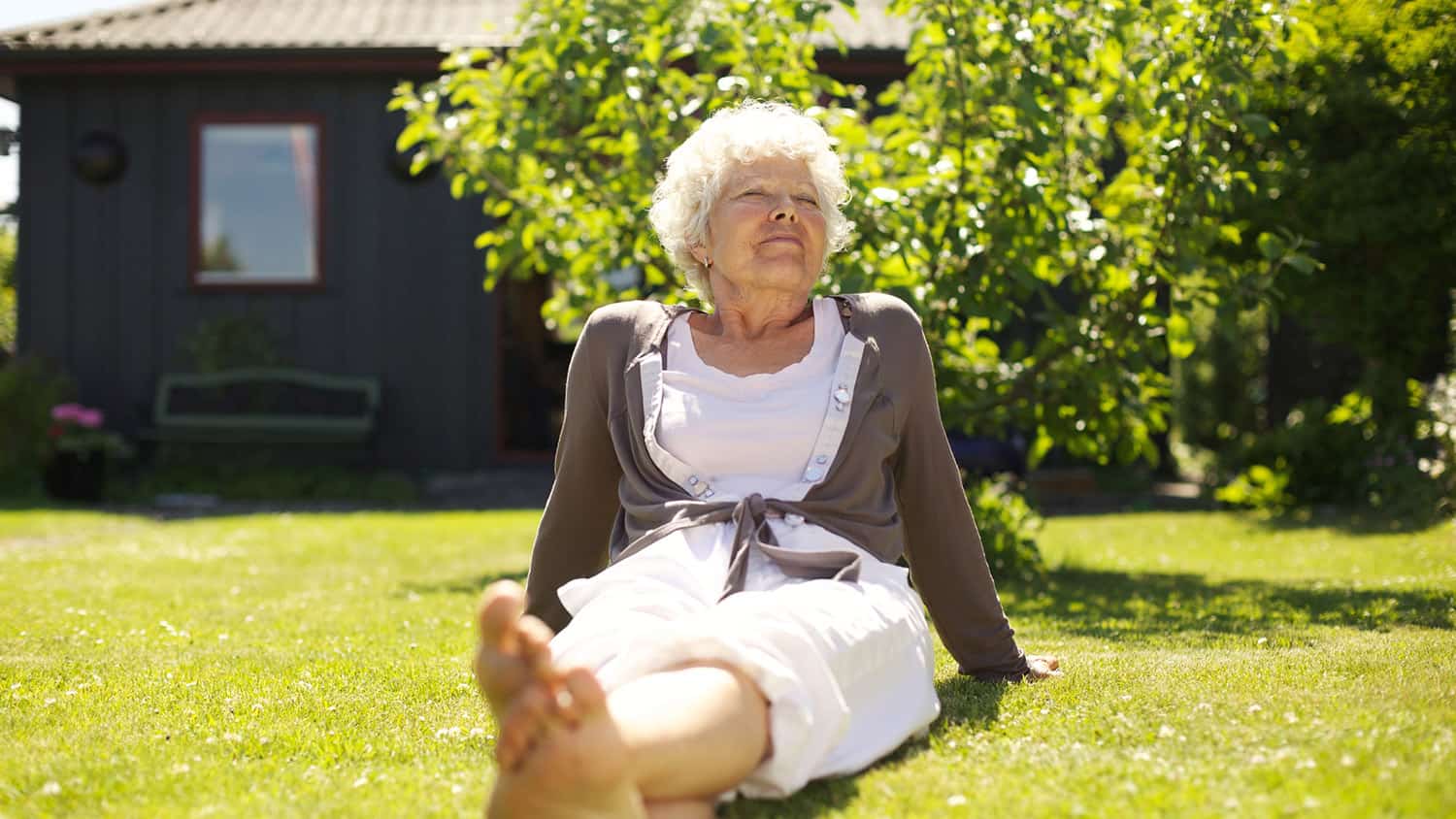
How to Thrive When One Spouse Retires First
What do you do when your spouse retires first – and you’re not quite ready (or the opposite)? Either way, there are some key tips that’ll make the transition smoother for both of you.
Retirement is a big enough transition on its own – let alone the impact it has on a marriage. In fact, a study by researchers at Cornell reveals that the transition to retirement is particularly stressful when one partner retires before the other.
To help you thrive when one partner leaves the workforce first, here are four top tips.
4 Top Tips When One Spouse Retires First
#1 Clearly Outline Plans and Expectations
When one spouse retires first, it’s especially important to openly discuss both parties’ plans and expectations during the change.
Couples have different expectations when it comes to how they imagine their own ideal retirement, and there’s a brand new dynamic that happens when only one partner retires first. Which makes finding clarity in retirement critical for both your marriage and your own life satisfaction.
(By the way, as a life coach for older adults, I have found that the #1 challenge people experience when it comes to retirement is finding clarity on their sense of purpose. If that’s you, you’re not alone – this fun 10-question quiz about your retirement purpose may help).
On top of establishing your own ideal retirement life, ask your partner if you plan to and/or expect to have more or less time for each other. By communicating openly with each other, you can lessen stress and strain that come with making assumptions.
#2 Communicate Financial Concerns
One study on couples and finances shares that effective communication is at the top of the priority list, so be sure to cover this topic as one spouse retires first.
Going from two- to one-income flow will dramatically change the expectation of money habits – not to mention, it presents a big mental adjustment to start spending down your nest egg (when you’re so used to socking away part of your earnings for so long).
To avoid a financial expectation discrepancy – where the working spouse feels like they’re taking on all of the financial responsibility, while the retired spouse may feel like they’re not contributing, an open discussion about money can prevent a bit of assumption or confusion.
This way, both spouses may feel more comfortable with the new budget during this transition period. There are very few things that feel more comforting than financial security and being on the same page with your partner before making any major changes to your employment status.
#3 Establish a New Retirement Routine
One of the best ways to navigate when one spouse retires before the other is to establish a new retirement routine. You don’t want to suddenly face two totally different schedules with competing priorities and expectations in your household.
Not only is the newly retired spouse facing completely new morning routine and evening routine choices, but the spouse who’s still working needs to adjust to the shift in schedule and dynamic, too.
So, from acknowledging when each partner plans to wake up and go to bed to divvying up the chores in this new life phase, it’s important to talk about the new lay of the land. No “daily routine” topic is too petty, either, including the mundane chores list.
In fact, division of housework in retirement has been studied, and researchers found that couples with one spouse retiring before the other experience a shift in their division of housework (which, of course, isn’t permanent and needs to be readjusted after the other spouse retires).
For more tips on establishing a retirement routine, see this video:
Aside from household chores, this also includes how much “couple time” you want to spend together vs. how much alone time you need and want in this new phase, which brings us to our final tip today.
#4 Divvy Up Your Time
As a life coach for older adults, I often recommend compartmentalizing couple’s time and activities into three buckets:
- My activities
- My partner’s activities
- Our couple activities
It’s worth noting that having your own activities (ideally, surrounding your sense of purpose and passion) separate from your spouse, is highly encouraged to improve your marriage and retirement overall. Yes, alone time helps your marriage.
In fact, the longest-running longitudinal study of marriage and divorce shares that having time to yourself directly correlates with marital satisfaction.
And let’s not forget the positive impact of date nights. As cheesy as they may seem, scheduling regular date nights is still a great way for both partners to bond and continue to feel seen, heard, and supported during their retirement transition.
Retirement is both exciting and emotionally challenging for so many couples – quality time with your spouse will only help smoothen the transition.
And in case you’re in need of some fun date night ideas, check out these 8 activities for retired couples to help you plan your next date – there’s something for everyone.
Conclusion
Retirement is a huge transition where both spouses adjust to new routines and responsibilities. So when one spouse retires and the other doesn’t, it requires a close look and open discussion among both partners for a smoother transitional period.
All in all, to prevent marriage problems after retirement, talk to your partner about these top topics and determine a plan and expectation level that works for both of you.
Additional reading: MY HUSBAND’S RETIREMENT IS DRIVING ME CRAZY.
Let’s Have a Conversation:
Which topic on our list is most important to you and your spouse? How will you go about organizing your time and energy in retirement?






